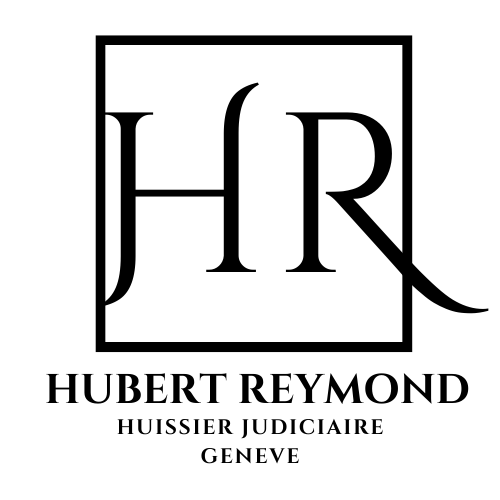Judicial Bailiff Reports in Switzerland
In Switzerland the situation is particular: Geneva is the only Swiss canton where judicial bailiffs operate under a liberal status (i.e. liberal profession).
They draw up reports at the request of private individuals, often as a preventive measure. There is no legal statute prescribing or regulating them. However, there is ample case law with many court decisions referring to reports produced during legal proceedings. The courts assess their probative value as a form of testimony.
Because a report is not an official act of the ministerial authority of the bailiff, the bailiff is not constrained by territorial jurisdiction in this regard. That is why it is common for a bailiff to be called upon to carry out reports outside Geneva’s territory. A judicial bailiff can produce reports and later confirm their contents before a court.
The bailiff strives to make the report contradictory (i.e. adversarial). Thus, the parties are heard and have the opportunity to present requests for clarifications.
Reports occupy a large place in the work of judicial bailiffs. For example, reports may concern issues such as: the condition and description of a building neighbouring a planned construction site; defective work and damage; acts of unfair competition involving a brand; opening of safes with inventory; etc.
In conclusion, the procès-verbal de constat (bailiff’s report report) is a common and widespread activity in Switzerland, especially in Geneva, where it reflects a decisive role played by judicial bailiffs.

Source : XIIe Congrès de l’union Internationale des huissiers de justice et officiers judicaires (UIHJ) Montréal. Me Michel DELATTRE
